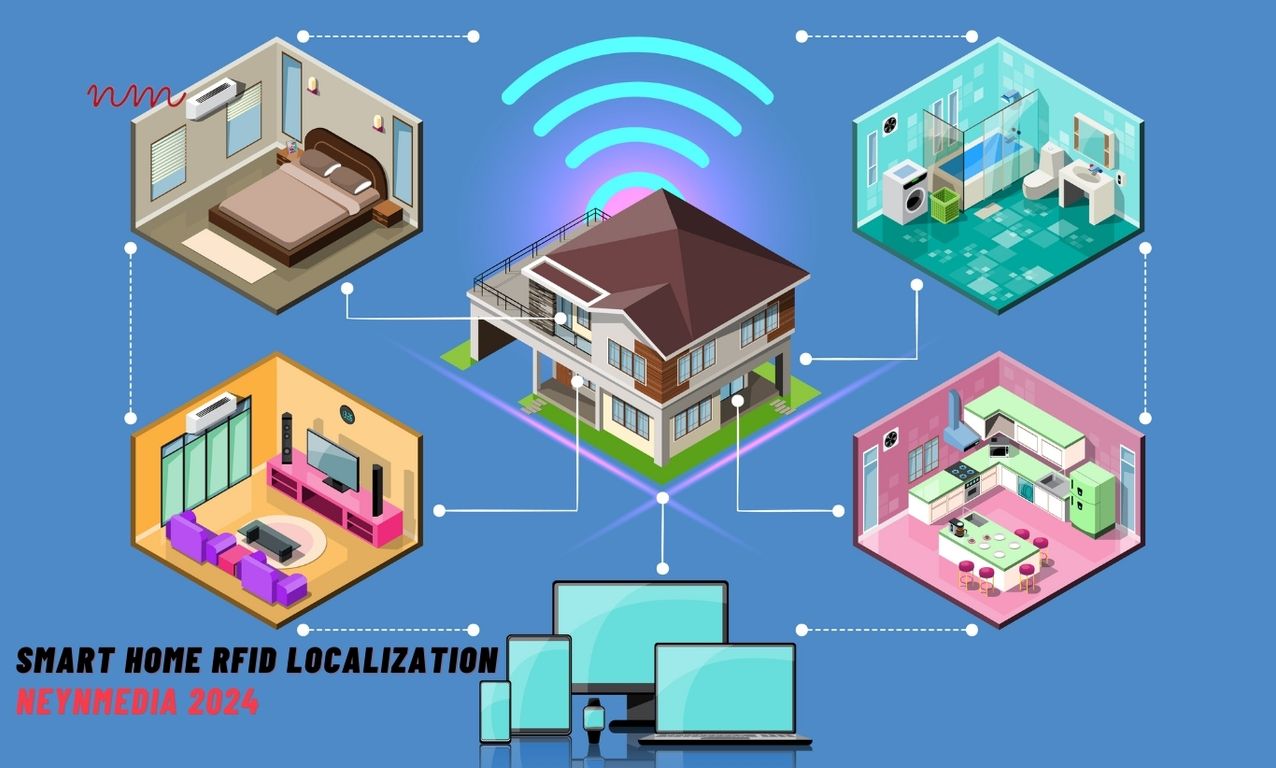I think smart home RFID localization is a fascinating topic that has the potential to revolutionize the way we interact with our homes. In my opinion, RFID technology has the potential to make our homes more efficient, convenient, and secure. I feel that by using RFID tags and readers, we can track the location of objects and people in our homes, and use that information to automate tasks and provide personalized services.
In this blog article, I will share some strategies on smart home RFID localization. I will discuss the different types of RFID tags and readers available, and how they can be used to track objects and people. I will also provide some tips on how to design and implement a smart home RFID localization system.
As a writer with 10 years of experience, I have had the opportunity to learn about a wide range of topics, including smart home technology. I have also had the opportunity to interview experts in the field, and to learn about the latest trends and developments. I am excited to share my knowledge and experience with you in this blog article.
Smart Home RFID Localization
Radio Frequency Identification (RFID) is a technology that uses radio waves to identify and track objects. RFID tags are small devices that can be attached to objects, and they contain a unique identifier that can be read by RFID readers. RFID localization is a system that uses RFID tags to determine the location of objects.
How Does Smart Home RFID Localization Work?
Smart home RFID localization systems typically consist of a number of RFID readers that are placed throughout the home. These readers are connected to a central controller, which collects the data from the readers and uses it to create a map of the home. When an RFID tag is detected by a reader, the reader sends the tag’s unique identifier to the controller. The controller then uses this information to update the map of the home, and it can also use this information to track the movement of objects.
Benefits of Smart Home RFID Localization
There are a number of benefits to using smart home RFID localization systems. These benefits include:
- Improved security: RFID localization systems can be used to track the movement of people and objects in the home, which can help to improve security.
- Increased convenience: RFID localization systems can be used to automate tasks such as turning on lights when someone enters a room or adjusting the thermostat when someone leaves the home.
- Reduced energy consumption: RFID localization systems can be used to track the movement of people and objects in the home, which can help to reduce energy consumption.
Challenges of Smart Home RFID Localization
There are also a number of challenges associated with smart home RFID localization systems. These challenges include:
- Cost: RFID localization systems can be expensive to install and maintain.
- Privacy: RFID localization systems can collect data about the movement of people and objects in the home, which can raise privacy concerns.
- Reliability: RFID localization systems can be unreliable, especially in areas with a lot of interference.
Conclusion
Smart home RFID localization systems have the potential to provide a number of benefits, including improved security, increased convenience, and reduced energy consumption. However, there are also a number of challenges associated with these systems, including cost, privacy, and reliability. As these challenges are addressed, smart home RFID localization systems are likely to become more popular in the years to come.

FAQs about smart home RFID localization
What is smart home RFID localization?
Smart home RFID localization is a technology that uses radio frequency identification (RFID) to track the location of objects within a smart home. This technology is used to automate tasks, improve security, and provide convenience to homeowners.
How does smart home RFID localization work?
Smart home RFID localization works by using RFID tags to identify objects. These tags are small, battery-powered devices that emit a unique radio signal. RFID readers are then used to detect these signals and determine the location of the tagged objects.
What are the benefits of using smart home RFID localization?
There are many benefits to using smart home RFID localization, including:
- Automation: RFID localization can be used to automate tasks such as turning on lights when someone enters a room or adjusting the thermostat when someone leaves the house.
- Security: RFID localization can be used to track the movement of people and objects within a home, which can help to improve security.
- Convenience: RFID localization can be used to make it easier to find things around the home, such as keys or remote controls.
What are the challenges of using smart home RFID localization?
There are a few challenges associated with using smart home RFID localization, including:
- Cost: RFID tags and readers can be expensive, which can make it difficult for some homeowners to adopt this technology.
- Privacy: RFID localization can be used to track the movement of people and objects within a home, which raises concerns about privacy.
- Reliability: RFID localization can be affected by factors such as interference from other electronic devices, which can make it unreliable in some cases.
What is the future of smart home RFID localization?
The future of smart home RFID localization is bright. As the cost of RFID tags and readers continues to decline, this technology is becoming more accessible to homeowners. Additionally, new developments in RFID technology are making it more reliable and versatile. As a result, smart home RFID localization is expected to become a standard feature in many homes in the years to come.
Recent Post:
Smart Home App Development | NeynMedia 2024
Smart Home Save Energy | NeynMedia 2024
Smart Home Air Freshener | NeynMedia 2024



